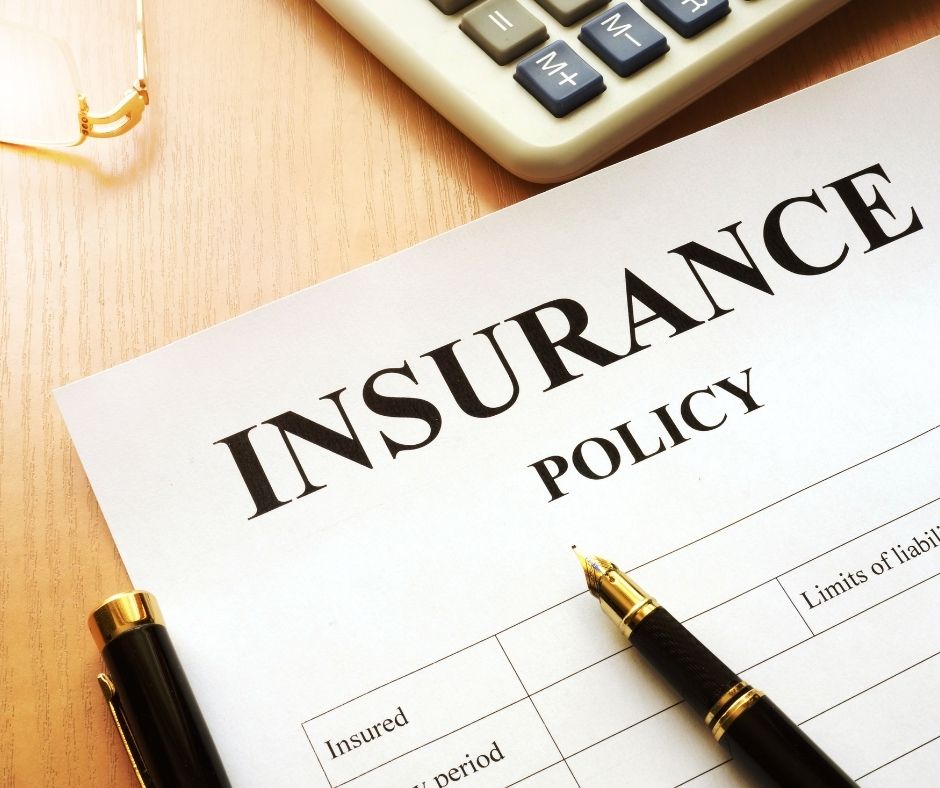how much does a funeral cost in nyc
direct cremation costs near me

A deceased estate can contribute to a person's net worth, and a net worth includes more than income. The value of the assets could cover the funeral expenses. Assets include (but aren't limited to) physical items, real estate, and financial investment. Each of them is assigned the value of cash, which is only one way funerals are paid for.
It is possible to split this into two distinct paths. One is seeking assistance from the government, while the other involves signing an agreement with the coroner, who will decide what happens to the deceased person's body.
The median cost of a cremation, including viewing and service in 2022, is approximately 3250 dollars.



